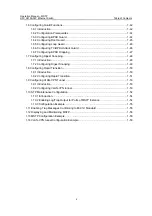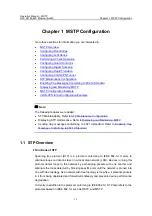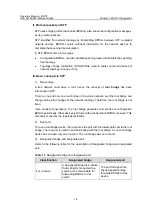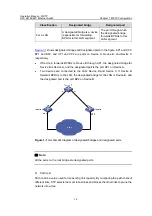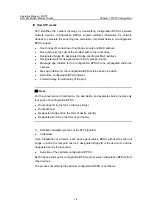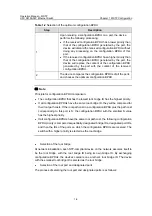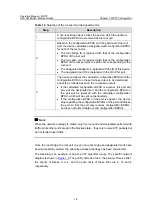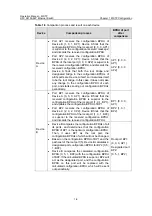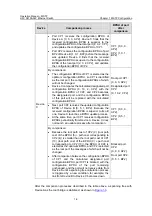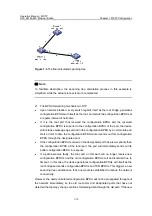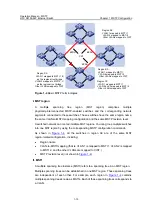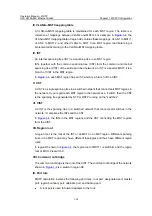
Operation Manual – MSTP
H3C S3100-52P Ethernet Switch
Table of Contents
i
Table of Contents
Chapter 1 MSTP Configuration .................................................................................................... 1-1
1.1 STP Overview .................................................................................................................... 1-1
1.2 MSTP Overview ............................................................................................................... 1-11
1.3.3 Specifying the Current Switch as a Root Bridge/Secondary Root Bridge............. 1-22
1.3.5 Configuring How a Port Recognizes and Sends MSTP Packets.......................... 1-24
1.3.7 Configuring the Maximum Hop Count of an MST Region..................................... 1-26
1.3.8 Configuring the Network Diameter of the Switched Network................................ 1-27
1.3.11 Configuring the Maximum Transmitting Rate on the Current Port...................... 1-30
1.3.13 Specifying Whether the Link Connected to a Port Is Point-to-point Link ............ 1-33
1.4.3 Configuring How a Port Recognizes and Sends MSTP Packets.......................... 1-36
1.4.5 Configuring the Maximum Transmitting Rate on the Current Port........................ 1-36
1.4.9 Specifying Whether the Link Connected to a Port Is a Point-to-point Link ........... 1-41


